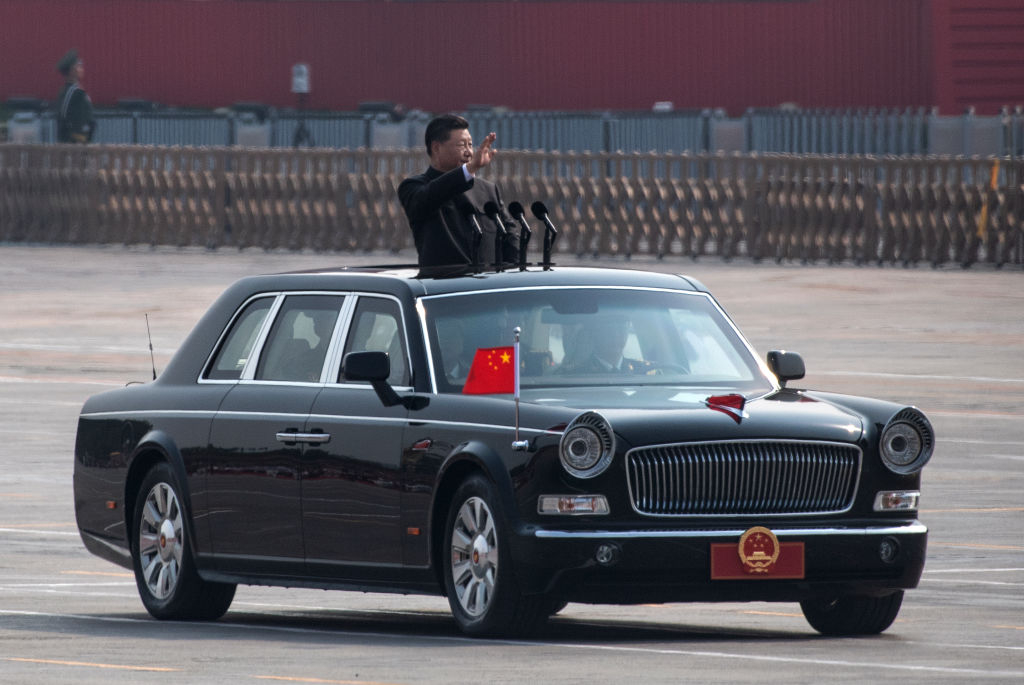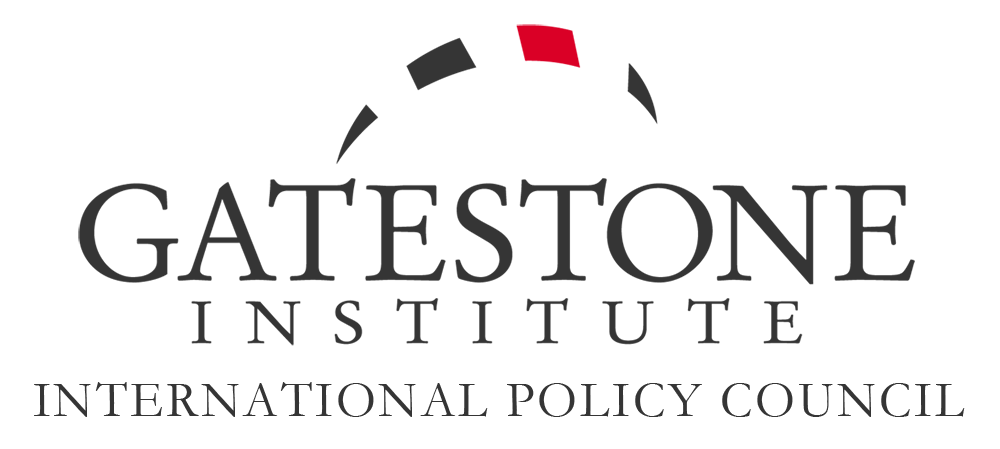by Gordon G. Chang • August 31st
For decades, the U.S. had tried to regularize contacts with the Chinese military.... Unfortunately, rules-of-the-road agreements have failed.... "China has routinely violated the letter and spirit of CUES," James Fanell, a former director of Intelligence and Information Operations at the U.S. Pacific Fleet, told Gatestone. "The problem," he wrote "is that agreements can work only if both sides really do wish to avoid a military crisis and violent encounter."
Shultz — and most Americans — underestimate the audaciousness, ruthlessness, and maliciousness of China's Communist Party. Chinese Communists... are continually propagating the line that China has the right and obligation today to rule the entire world.
In the 1930s, the Western democracies knew about the Third Reich's persecution of the Jews but did little. That feebleness emboldened Hitler, leading eventually to the destruction of much of Europe. Now, the world is emboldening another once-in-a-century tyrant, Xi Jinping. The international community should not expect timidity to produce a better outcome this time.
Americans love agreements, but no treaty, convention, compact, code, or agreement will restrain a belligerent state that seeks to take down the rules-based international system. There is, Secretary Shultz, no "off-ramp" from confronting the horror of China's crimes.
America's goal should be to defeat Chinese communism, not accommodate it.

The world is emboldening another once-in-a-century tyrant, Communist China's President Xi Jinping. The Communist Party is malicious and militant. No treaty, convention, compact, code, or agreement will restrain a belligerent state that seeks to take down the rules-based international system. (Photo by Kevin Frayer/Getty Images)
George Shultz, writing a Wall Street Journal op-ed first posted August 26, believes America has a "collective future" with China.
Yes, Americans have one with the Chinese people — as they do with all other people — but is it possible to have a common future with a hostile state openly committed to overthrowing you and, among other things, committing crimes against humanity?
No, that is not possible.
Shultz, who served with great distinction in the Nixon and Reagan administrations, is greatly concerned "there is a risk that our two countries stumble into confrontation due to missteps or mutual miscalculation."
His remedy is one employed during the Cold War with the Soviets. "We should quietly develop specific off-ramps from conflict with China," he writes. Specifically, the two countries should establish "rules of the road for military ships and aircraft with a communication mechanism to address any incidents."
|
|


No comments:
Post a Comment